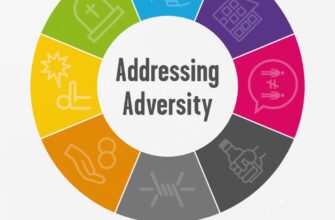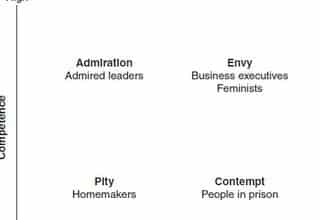The following is from guest writer, Ed Russo.
While road tripping this summer I realized how blindly I trust my GPS navigation system. In almost all cases, I programmed my destination in the device and headed off. Every turn was executed based on the electronic voice commands spewing out of this little box with relatively primitive graphics and singular functionality.
What once involved large, impossible-to-fold paper maps and a highlighter now involves very little planning and immediate execution. I surrendered nearly all decision making power and followed exactly what my GPS told me to do. As leaders, this may seem uncomfortable. We strive on a daily basis to be in control and implement elaborate strategic plans that we craft with our teams; yet, when we get in our vehicles, we skip the planning phase and go right to implementation. The GPS does the planning for us and provides coaching along the way. What can we learn from this GPS project management system?
Choose your destination. Once our travel route is planned, the estimated arrival time is calculated based on various travel options. As we make our project plans we apply deadlines based on each action item. We trust that our GPS is applying realistic estimates of our arrival time. We too need to apply realistic completion dates to our project timelines.
Turn right in two miles. Once we’re on our way, the GPS provides status updates and coaching to prepare us for the next step in our journey. Good leaders manage projects by preparing staff for the next task. Measureable outcomes and milestones keep a project on track.
Turn around when possible. When we start going off track or miss an important turn, the GPS directs us to turn around and get back on course. Once we recognize our team is getting bogged down or taking our work in the wrong direction, we need to bring it to light and return to the prescribed plan.
Re-routing. In some cases, getting back on track is not the best course of action. When roadblocks pop up or conditions on the ground change, we need to modify the plan and find an alternative way to meet our goals.
Take the motorway. I have a navigation system that uses international vocabulary like “motorway” instead of the more traditional American term “highway.” I actually like motorway more because it implies that we will be motoring down the road with power and speed. Once the team is clicking on all cylinders, it is time to put the pedal to the metal and crank out action steps.
You have reached your destination. A triumphant announcement blurts out of the electronic device at the end of our trip. Completing a project on-time and on-budget is a commendable task. Celebrate your achievement with the team and identify what worked well and opportunities for improvement. Apply best practices to the next project.
However, before we trash our strategic plans and turn our management style to autopilot, there is one important not of caution to keep in mind:
A GPS is only as good as the information it gets. If you give a GPS the wrong address, it will take you to the wrong location. Pure and simple. Same goes for people you’re soliciting help from. – Sharlyn Lauby, a.k.a. HR Bartender
I learned firsthand how a GPS’s effectiveness is dependent upon the information entered. At one point during my summer travels, I forgot to change the GPS from walking to driving navigation. I couldn’t figure out why it kept rerouting me to unpaved pathways. However, I did learn that if I could walk trails at 70 mph, I could shave 30 minutes off my trip.
________
Ed Russo is the Program Manager for the National Center for Missing and Exploited Children. Ed works with educators, law enforcement, community leaders, and government officials to implement child safety resources into schools and communities across the country. Through presentations and trainings, Ed provides participants with information about how safety resources can help prevent the victimization of children. Prior to joining the Center he was a Human Resources Manager in a Florida County Clerk’s Office and has over 18 years of teaching experience. Ed is a graduate of the University of Rhode Island with a BS degree in Education.
Ed can be contacted through Twitter and LinkedIn.







